Eggs can play an essential part in your diet because they are one of the healthiest foods and also contain many vital nutrients. Many people consume eggs because of their added health benefits as well. While both raw and cooked eggs have the same health benefits, there are risks to adding raw eggs into your diet.
What Do Raw Eggs Do for You?
Eggs are rich in healthy fats, vitamins, minerals, antioxidants, and high-quality protein. There are about 6 grams of protein in 1 raw egg with only 72 calories. In addition to that, a whole egg only includes 5 grams of fat. You can also find vitamin A, B2, B5, and B12 in the egg, along with phosphorus and folate. A raw egg also contains 147 mg of choline, which is essential for healthy brain function and heart health. Some research has even suggested that eggs can contain zeaxanthin and lutein. These antioxidants are essential when it comes to reducing the risk of age-related eye diseases. Most of the nutrients are located in the yolk, and the whites have the highest sources of protein. In other words, eggs can provide you with the best sources of protein in the world.
The Debate Between Cooked and Raw Eggs
Eggs contain around nine essential amino acids, and they are often called the “complete” protein source. While you might want to grab a raw egg from your refrigerator, there are a few things to keep in mind. By eating raw eggs, you can decrease the absorption of these proteins. In one study, 90 percent of the protein from cooked eggs was absorbed, while only 50 percent was absorbed in the raw eggs. The cooked eggs were more digestible than the raw versions.
Many people believe that by cooking the eggs, they will destroy all those essential minerals and vitamins. Raw eggs contain higher levels of B vitamins, vitamin E, and choline, but the cooking process only loses a small percentage of those nutrients. The value is so insignificant that there is very little difference between raw and cooked eggs.
Raw Eggs Can Limit Absorption of Nutrients
Scientists have been studying the effects of raw eggs and the absorption of certain minerals. Biotin is one vitamin affected by the consumption of raw eggs. This water-soluble vitamin is also known as vitamin B7, and it can aid in your body’s production of fatty acids and glucose. Biotin is an important vitamin to take during pregnancy to help develop a healthy baby.
Like most nutrients in eggs, you can find biotin in the yolk. If you eat a raw egg, you will consume a protein called avidin. Researchers believe that avidin is the reason for the loss of absorption of nutrients. Once it enters the small intestine, it can block the absorption of vitamins like biotin. However, when the egg is cooked, the heat will destroy the avidin. While biotin deficiency is not an issue for many people, you can develop problems if you consume raw eggs in large amounts.
Raw Eggs Could Contain Harmful Bacteria
With some raw eggs, there is a chance that they can contain salmonella. According to the CDC, this harmful bacteria is responsible for a million food poisoning cases each year. However, you can find salmonella in other products, including poultry, meat, cheese, raw milk, fruits, and vegetables. Raw eggs do make up a significant portion of salmonella cases. From 1985 to 2002, the CDC reported that 53 percent of all salmonella cases were the result of uncooked eggs. The CDC recommends that you never eat eggs that are raw or lightly cooked.
Fortunately, modern technology and egg safety have improved to eliminate most contaminants. The processing of eggs has led to some improvements in lowering the risk of salmonella outbreaks. Most farmers now use pasteurization to treat their eggs. This heat treatment can reduce the number of bacteria and microorganisms found in the eggs. The US Department of Agriculture (USDA) does consider raw eggs safe to eat, but only if they have been pasteurized. You can find pasteurized eggs in the grocery stores. The Food and Drug Administration (FDA) recommends storing these eggs in the refrigerator to prevent food-borne illnesses.
Some Groups Should Avoid All Raw Eggs
Some high-risk groups should never consume raw eggs. With these groups, illness from the eggs can lead to severe complications. Infants and young children have immature immune systems and are more susceptible to infections. Pregnant women should avoid raw eggs since the risk of salmonella can lead to rare cases of premature birth. Those with compromised immune systems might also want to think twice before eating a raw egg. These individuals are more vulnerable to infections. Finally, the elderly are more likely to die from food-borne diseases than any other age group, and this is due to the changes in their digestive systems.
Don’t Lose Out on the Health Benefits of Eggs
With all the unhealthy benefits of raw eggs, you might want to skip them in your diet. However, there are alternative ways to get the excellent benefits of eggs into your diet. With a wide range of nutrients and vitamins, you will want to add these superfoods to your meals. Here are some of the benefits of eggs:
They Help Raise Your Good HDL Cholesterol
We have all heard stories about eggs and high cholesterol levels. A whole egg contains around 212 mg of cholesterol. While this might seem like a considerable amount, this percentage does not affect your blood cholesterol levels. Your body will balance out those cholesterol levels by making less in the liver.
Eggs can increase your HDL (healthy) cholesterol levels, which can lower your risk of stroke and heart disease. In some studies, those people who consume two eggs per day for six weeks increased their HDL levels by 10 percent.
 Eggs Contain Choline
Eggs Contain Choline
Choline is vital to help build cell membranes that enhance brain signals. You can develop a choline deficiency, but it is very rare. If you are looking to add choline into your diet, a whole egg contains around 100 mg per serving.
They Also Include Lutein and Zeaxanthin
You want to slow down the aging process for your eyes. Lutein and zeaxanthin are essential for eye health. You can find these nutrients in the human eye retina, and when they are combined, you can reduce your risk for cataracts and macular degeneration. Egg yolks are packed with these essential nutrients, including vitamin A. By consuming 1.3 egg yolks per day for four and a half weeks, you can increase zeaxanthin by 114-142 percent and lutein by 28-50 percent. These nutrients can also help you to avoid nearsightedness, as well.
A Great Source of High-Quality Protein
As stated before, eggs are a great source of protein. Your body needs protein to function as it is the building blocks of muscle. Eggs contain enough protein and essential amino acids to get you through the day. Many health professionals recommend that you add some eggs into your diet.
Eggs Can Help You Lose Weight
If you want to lose weight, you might want to think about adding an egg into your meal plan. Along with the high amount of protein, eggs can make you feel fuller for more extended periods of time. In turn, you will reduce the number of calories that you consume throughout the day. A study in 2008 included 30 overweight women. In that group, some ate eggs for breakfast instead of carbohydrates. Those women reported to be fuller and reduced their calorie consumption for over 36 hours. As you can tell, eggs are a great way to add protein to your diet and avoid those processed carbohydrates.
Alternatives to Eggs
If you want to add the health benefits of eggs without consuming them, there are alternatives for you. For most people, they want to add a protein supplement to their diet. There are many choices on the market, and it can be challenging to choose the right product for you. Egg protein supplements are a simple way to get the benefits of eggs. While many people turn to whey protein, there are some reasons to choose egg protein as a healthier alternative. Gaspari Nutrition offers some excellent options.
Whey protein contains lactose. For those with severe digestive problems, these supplements can cause you some discomfort. Lactose intolerance is a common problem, and it can cause mild symptoms like gas to critical issues such as extreme cramps and diarrhea.
In addition, whey protein supplements contain 3 grams of carbohydrates and 2 grams of fat per 25 grams of protein. On the other hand, egg white proteins contain no fats and 2 grams of carbs per 25 grams of protein. Egg protein also contains zero dairy so that you will not run the risk of lactose allergies with this product.
Finally, egg white proteins are often cheaper to produce and more affordable than whey products. You can add these supplements to your diet without breaking your bank account.
Are There Benefits of Egg White Protein Powder?
If you want the full benefits of eggs, you can always cook them. However, if you’re trying to build muscle mass, you may want to choose an egg protein supplement. Egg white powder is an excellent choice for your diet.
With these supplements, you can get around 2 grams of carbohydrates per 25 grams of protein. Gaspari has created its Proven Egg formula to be delicious, and you can use them in a variety of egg recipes. If you love scrambled eggs, add the protein like a regular egg. Once you try them, you will not believe that they don’t contain any yolks. For those who love smoothies and shakes, make sure to add the supplement to soy, almond, or lactose-free milk. These shakes will give you a definite protein boost. You can even add in some fruit for an energizing and delicious smoothie that will power you through your entire workout.
If you are looking for maximum benefits, you want to use these supplements after your workout. You need that extra protein boost after you have stressed your muscles, and they are attempting to repair themselves. The pure protein in Gaspari’s egg white powder will allow your muscles to increase their mass as they are in the repairing stage. If you are looking to add more protein in the late afternoon, egg white protein supplements are a great choice. You can substitute your lunch or mid-afternoon snack with a smoothie or shake.
Proven Egg Is a Complete Protein Source
When you are looking for pure protein sources, Proven Egg is an excellent choice. You can get all the benefits of protein with almost little unhealthy substances. With one scoop of Proven Egg, you can get the same benefits as eating seven egg whites. It contains 25 grams of protein per scoop. Many people can enjoy the benefits of these egg supplements, even those on strict diets. Unfortunately, those on vegan diets are limited by their protein choices. However, almost all protein supplements contain ingredients non-compatible with vegan foods.
With supplements, you can get the same amount of protein that you would consume by eating meat; however, you can skip the fat contained in most meat. If you have a diet that requires you to reduce your amount of meat intake, and you don’t want to eat seafood, Proven Egg supplements are an excellent substitute for those who want a healthy alternative.
While raw eggs do have some health benefits, there are many risks to consuming uncooked eggs. You don’t want to jeopardize your health for some added nutrition. There are alternatives to eating eggs in the form of egg white protein powder by Gaspari. Proven Egg can give you the added benefits without any of the problems of eating raw eggs.
If you want to learn more about eggs and healthy alternatives, make sure to follow our page on Facebook.



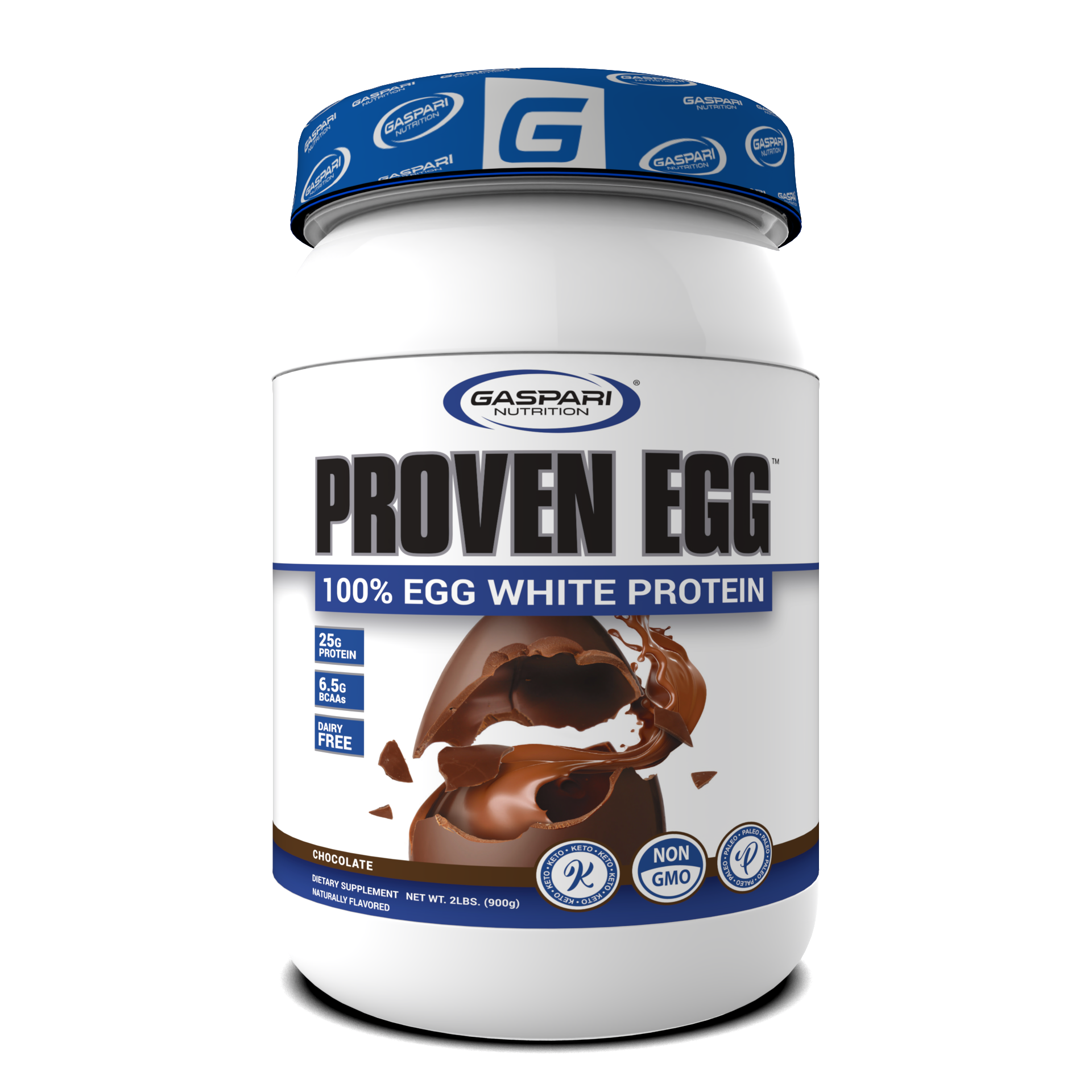



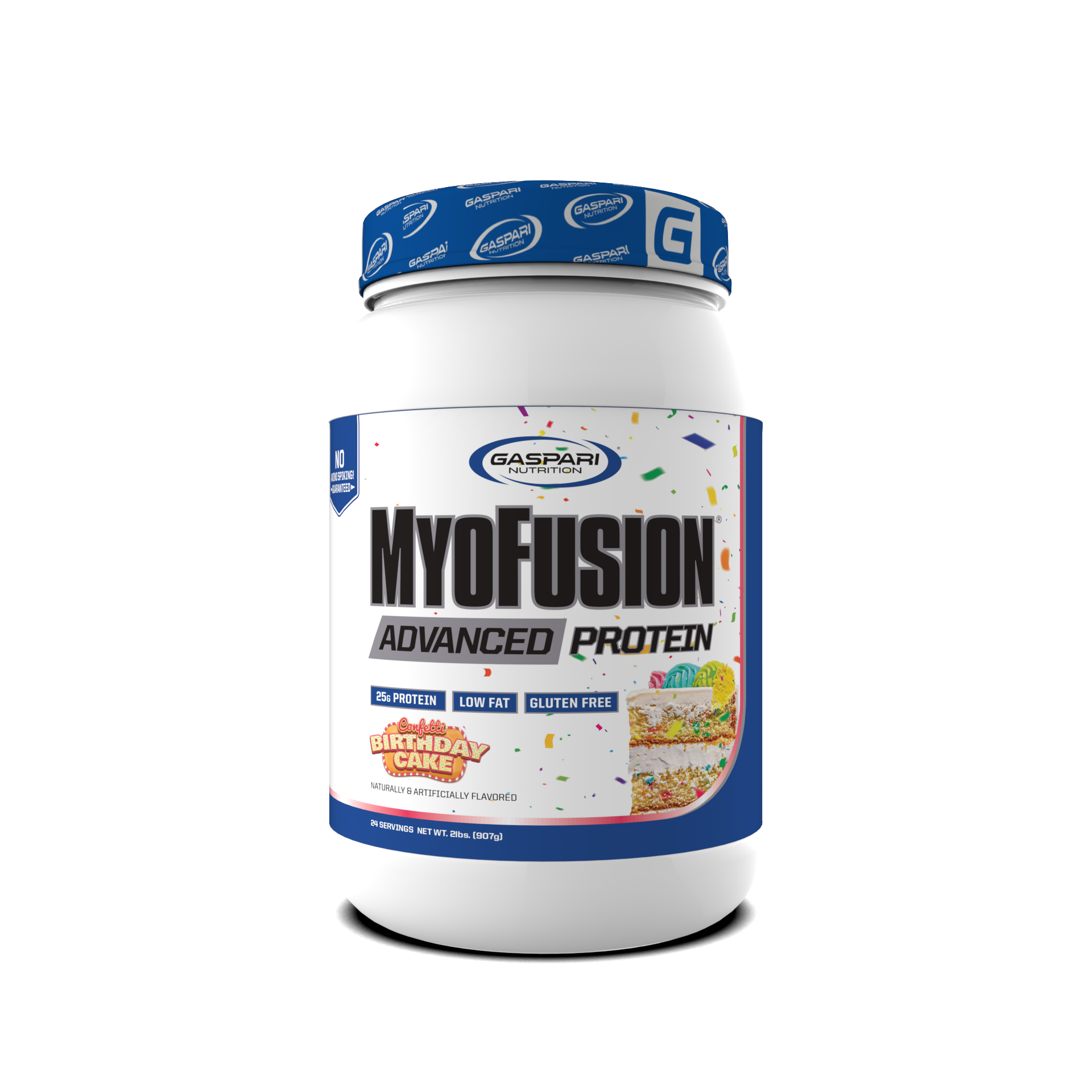



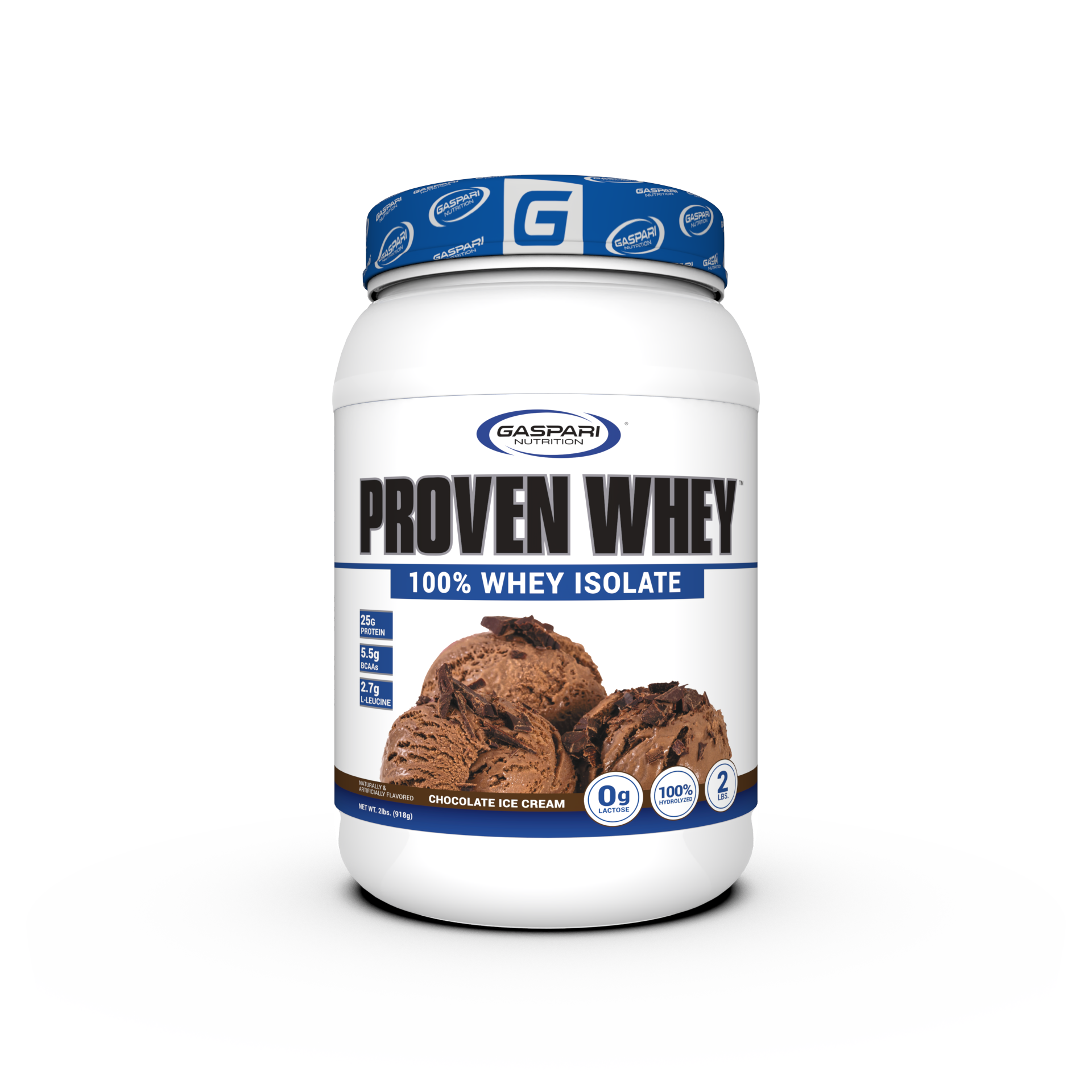




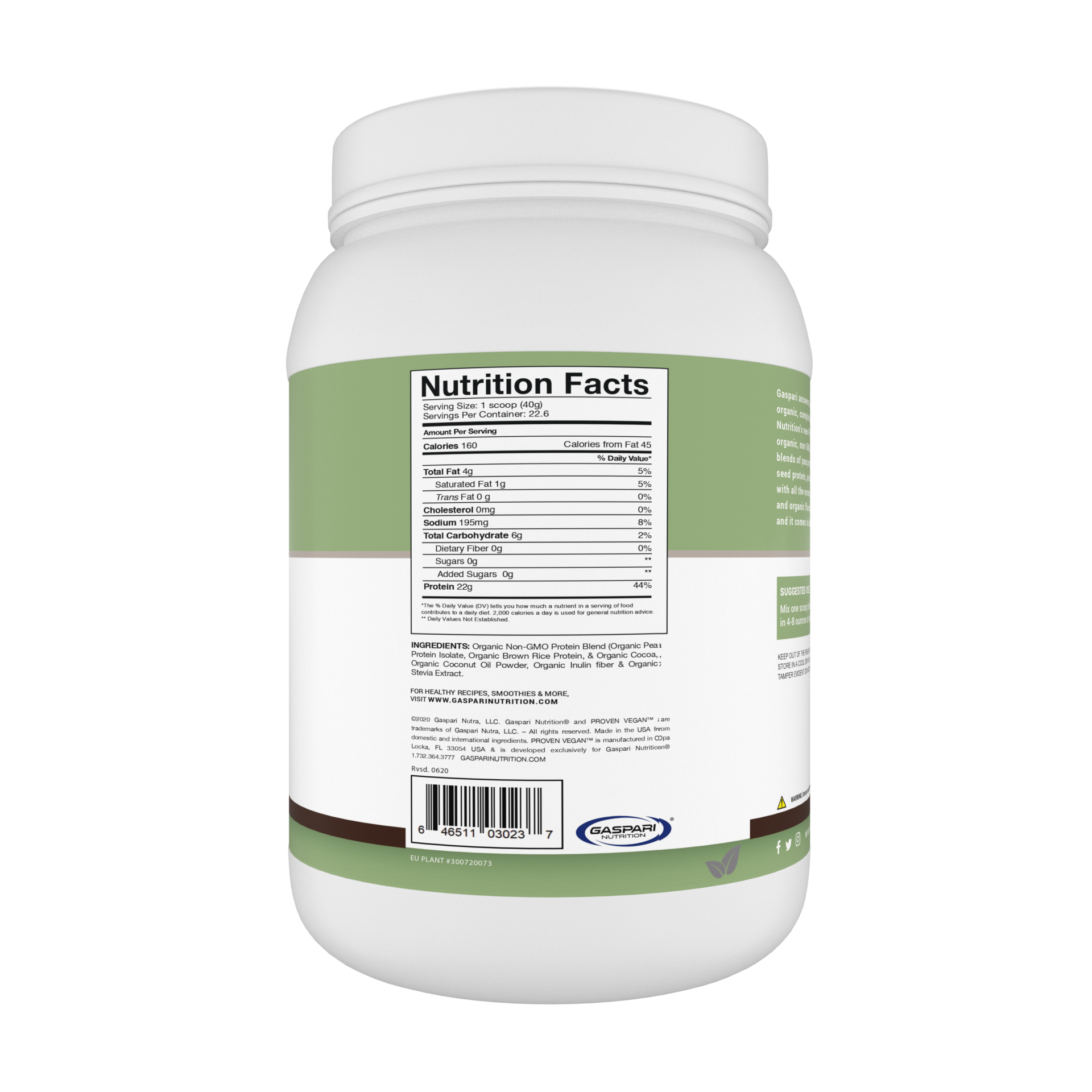






















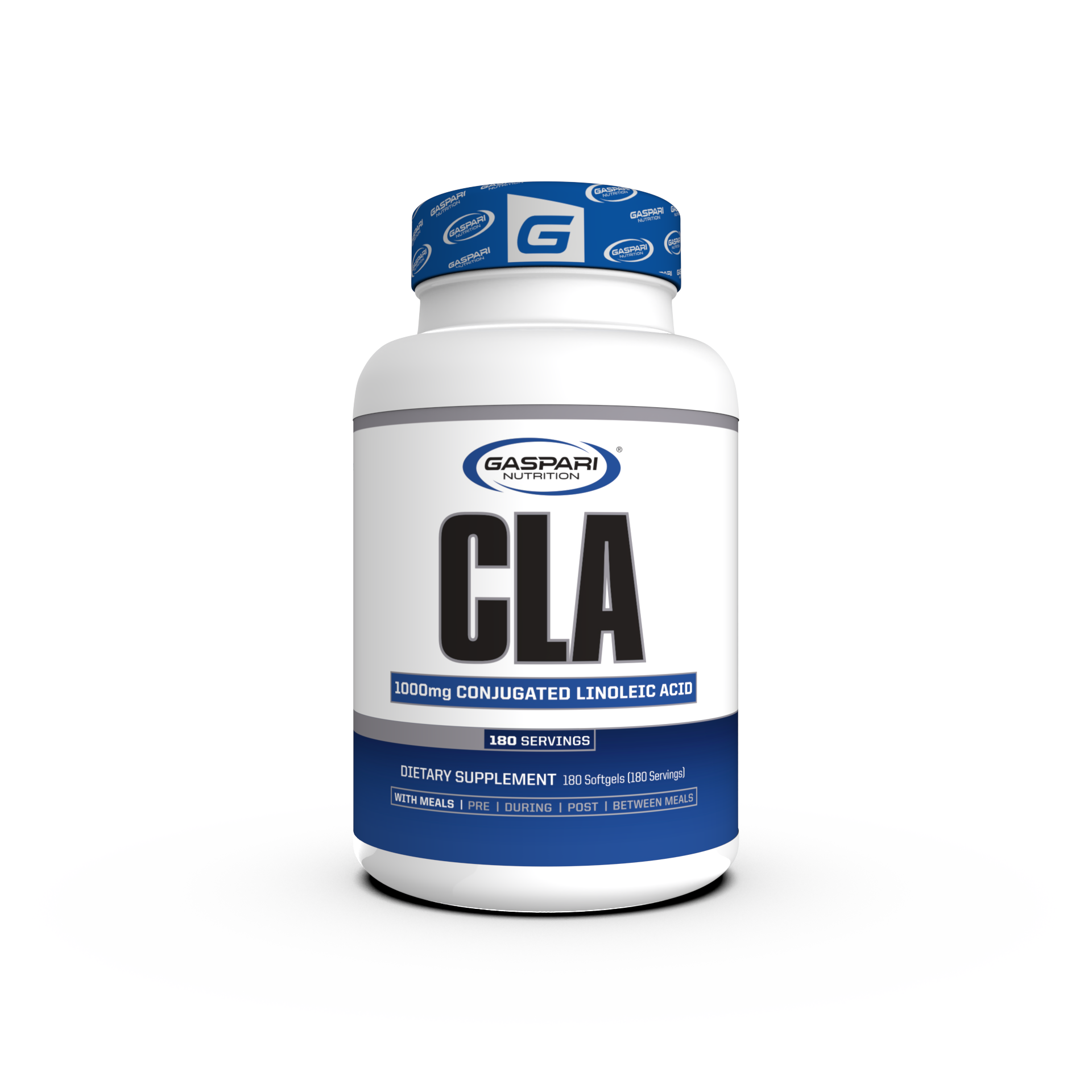



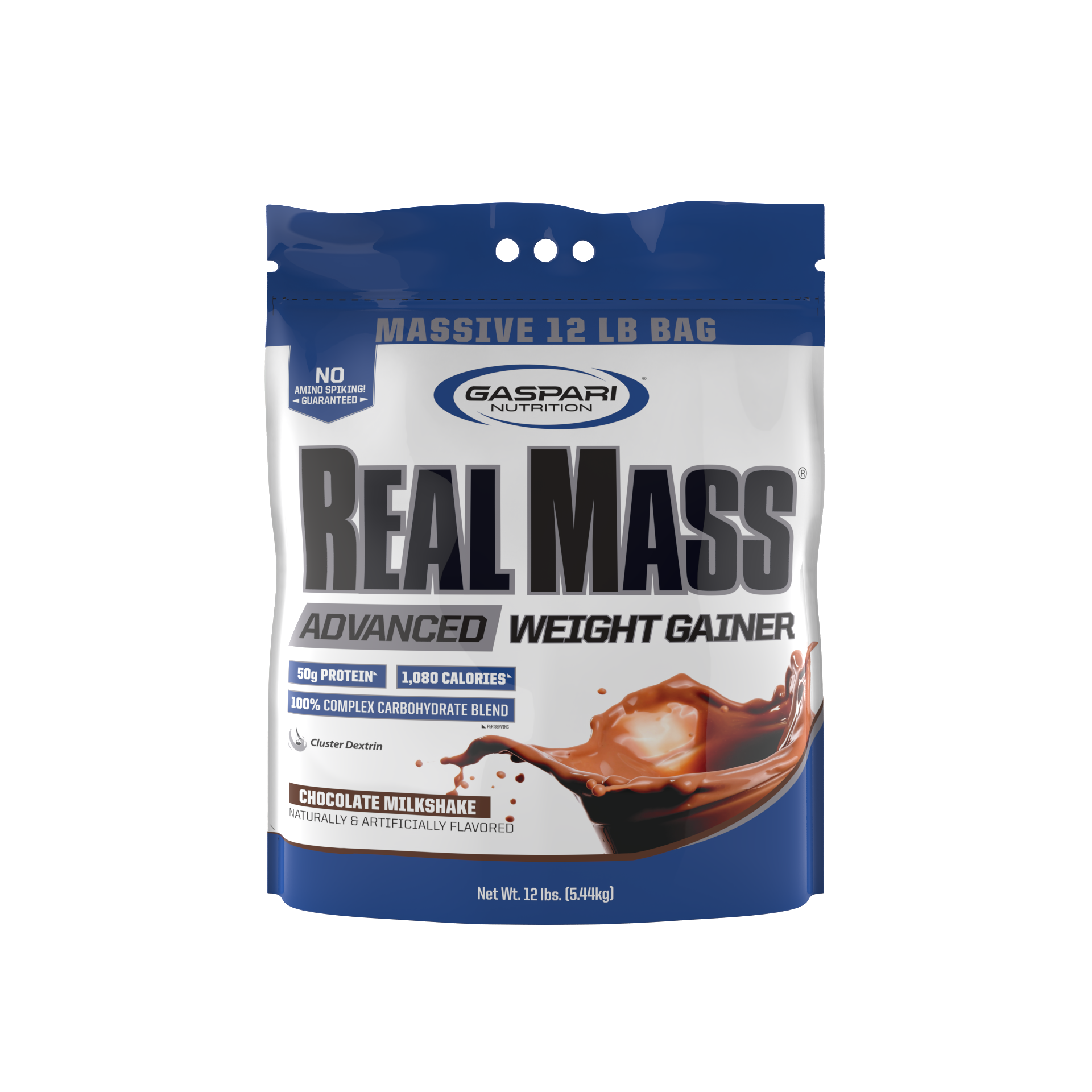











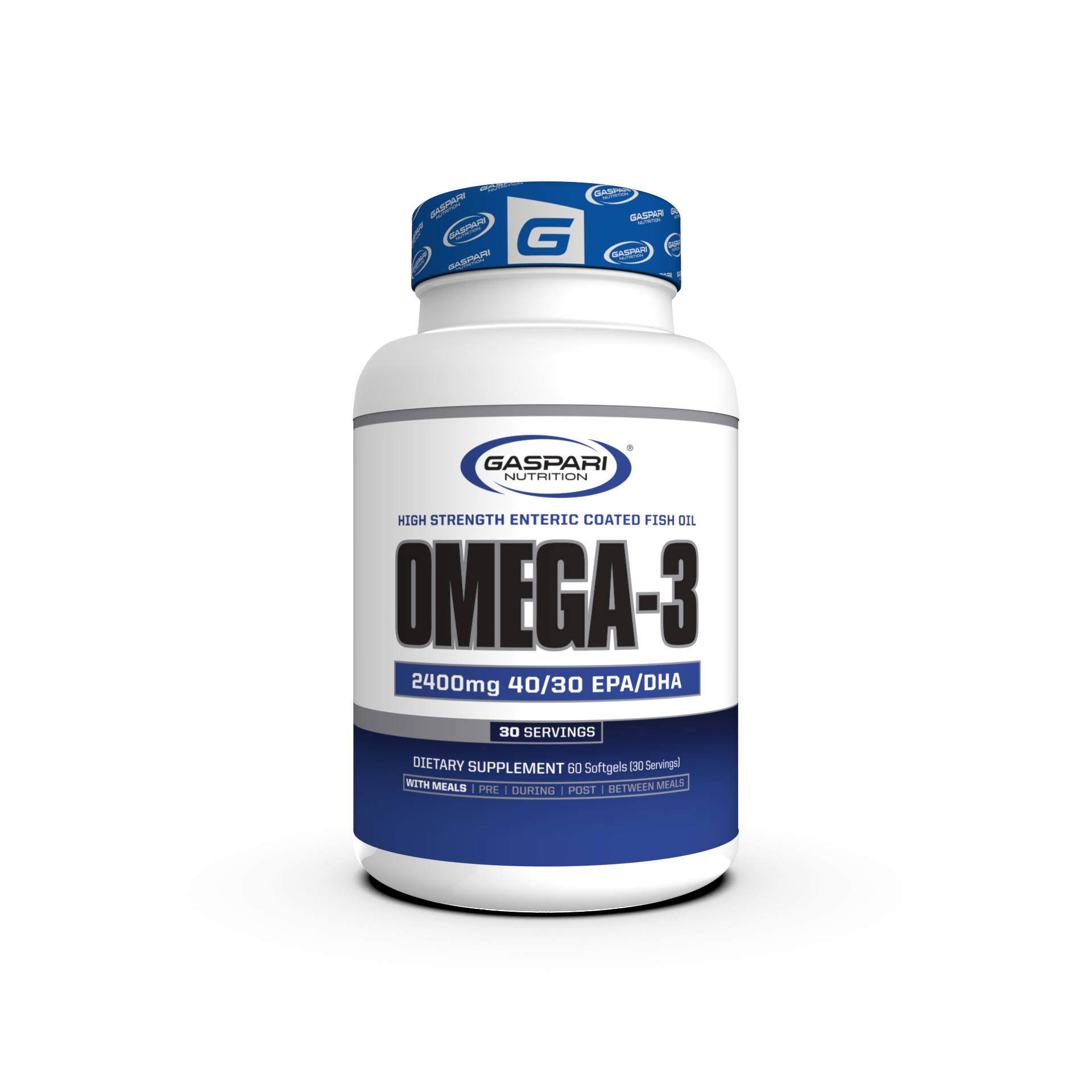



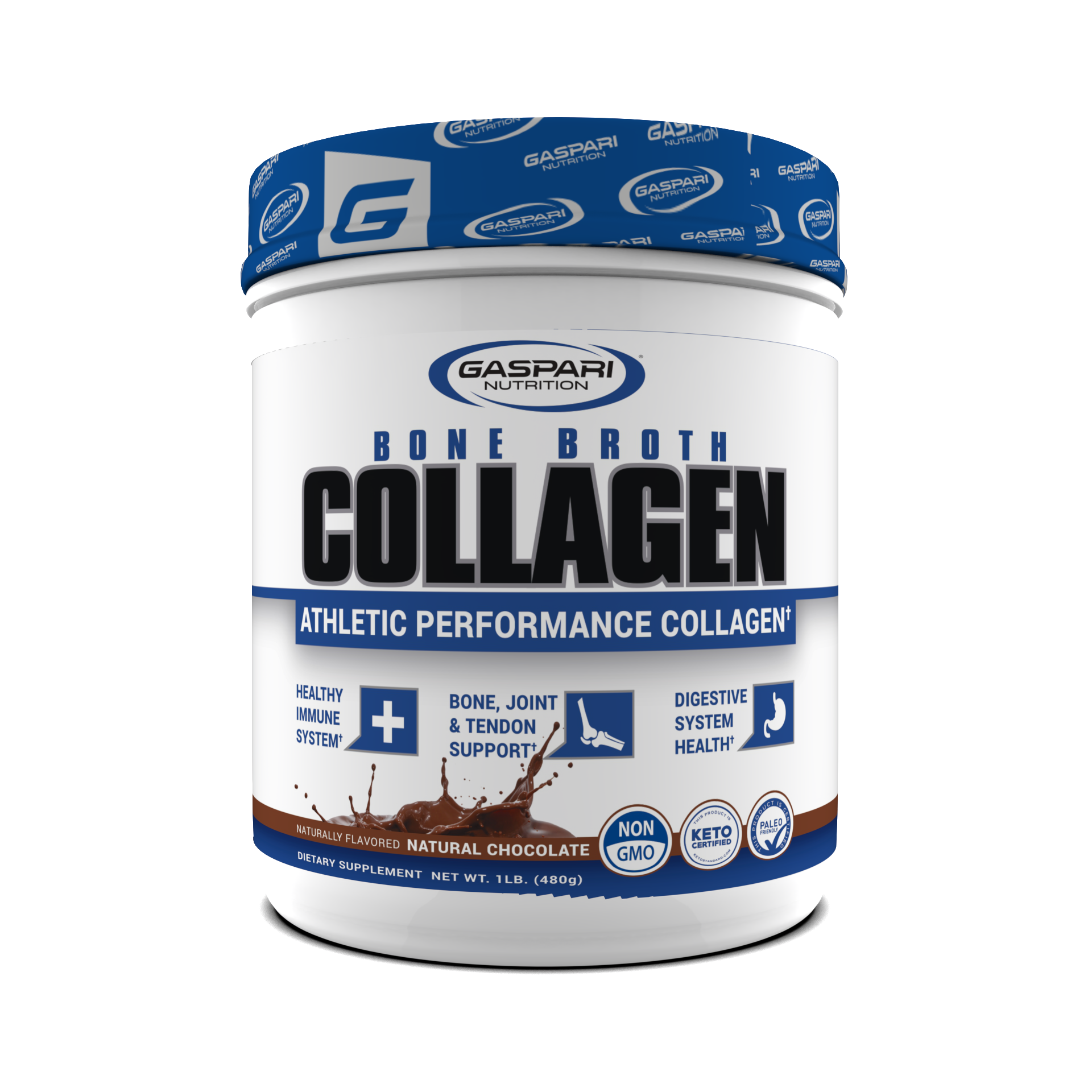



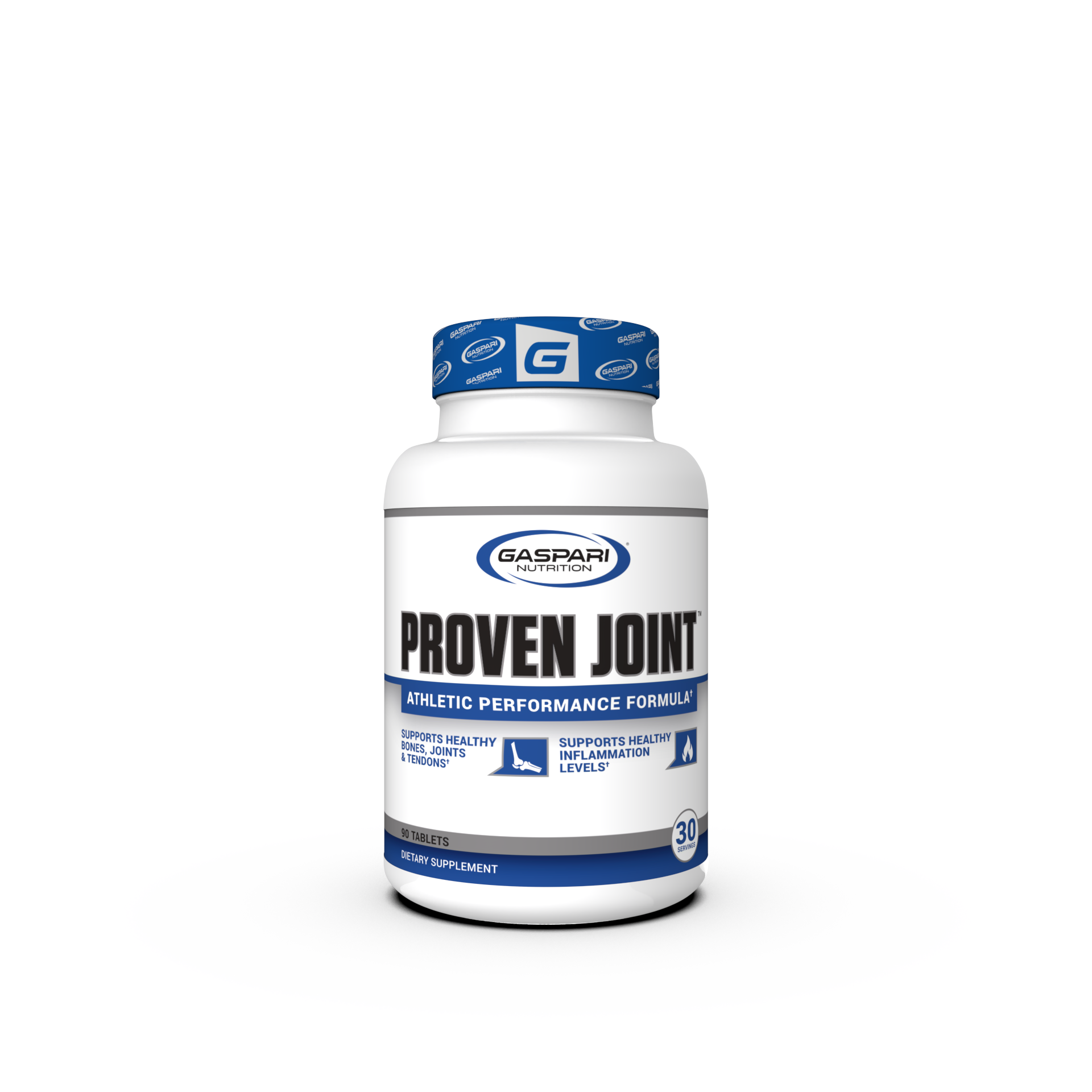











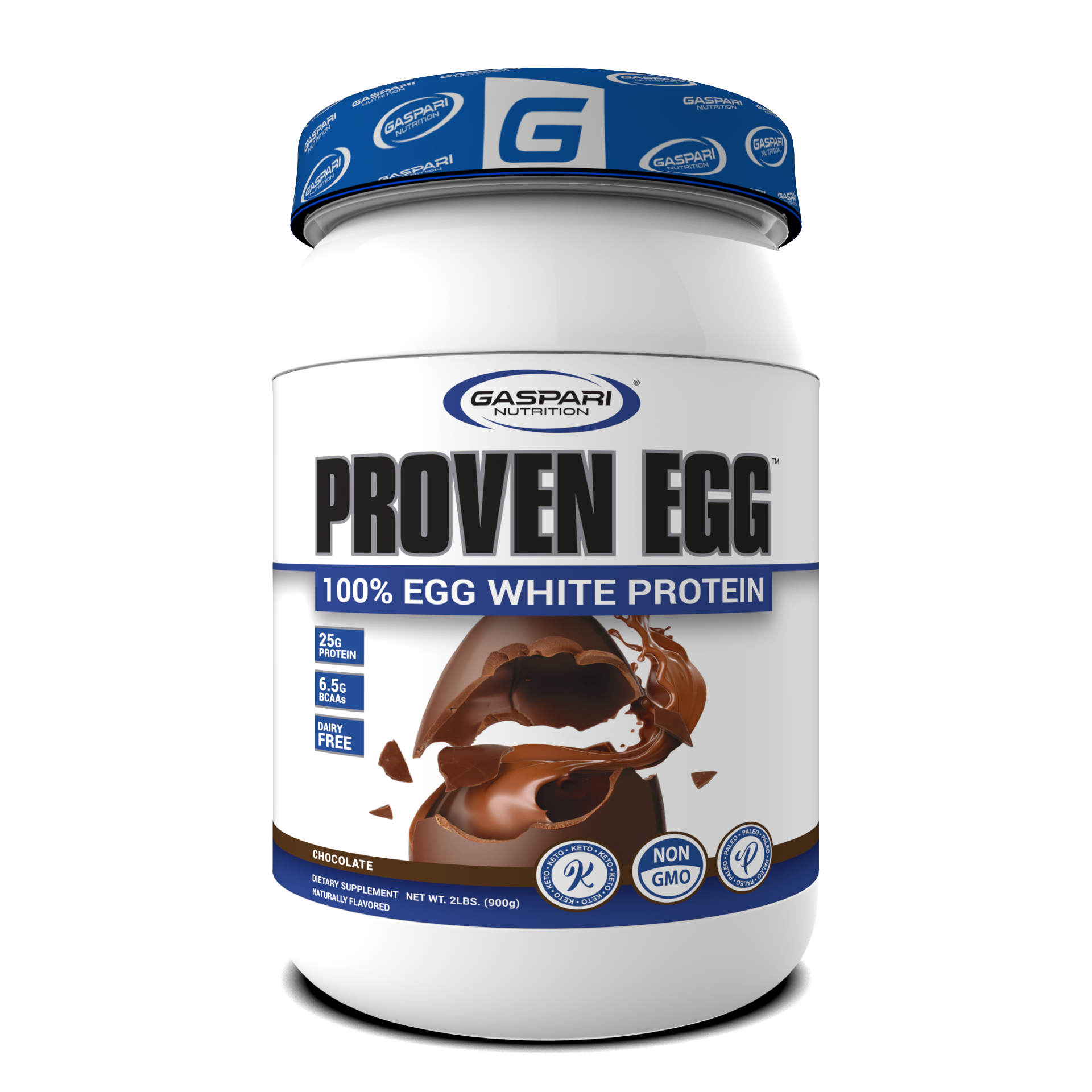

Share:
How To Get A Bigger Butt
Do Not Eat This Before Going To The Gym